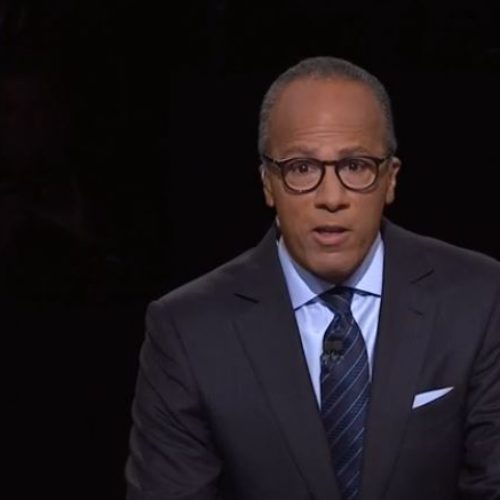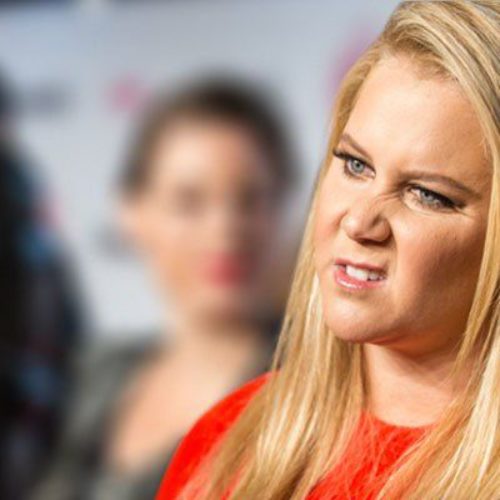Happily married couples aren’t happier
By Suzanne Venker (original post here)
This past weekend my husband and I spent time with another couple who commented on several occasions how nice is was to be with another couple who’s happily married. I appreciated the sentiment, and it’s not that our friends were wrong—I knew that they meant. But I always cringe at the word ‘happy’ when speaking of marriage. To me, it sets the bar too high.
Happiness is both relative and fleeting, and not really the point of marriage at all. And it is sometimes assumed that if a couple appears happy, it’s because they don’t suffer the same kinds of problems other couples do.
That’s not even remotely true.
Relationship expert Susan Page—who, if you missed it, I interviewed in my last post—wrote the following in one of her books:
“Happy couples have stresses in their marriage; they have disagreements; they have pet peeves about each other; they get angry and depressed; they disappoint each other. They start with the same raw ingredients the rest of us have. But they don’t let these potential roadblocks to happiness dominate their whole relationship. They are always aware of the bigger picture: their desire to be happy, their belief they can be happy, and their unswerving commitment to each other.”
They start with the same raw ingredients.
Of course, some of those raw ingredients may be healthier than others. It certainly helps to have married the right person in the first place, and for the right reasons. I didn’t do that when I married the first time around, so I know from experience how important that is.
But just because I made a better choice the second time around doesn’t mean my marriage is smooth sailing. It isn’t. We’ve had as many setbacks, or “roadblocks,” as anyone else. Maybe more. But the bigger picture—our desire to be happy, our belief that we can be happy, and our unswerving commitment to each other, is always with us.
My husband and I never think in terms of the here and now. We’re perfectly aware that there could be months, even years, where things are “off” for one reason or another. Or where one year’s horrible and the next year is great.
We also don’t believe most marital problems are solved by splitting up. With the exception of abuse, addiction or possibly a mental illness, divorce—at least when children are involved—solves one problem and adds ten more.
Mentally removing the option to divorce changes everything. “When a decision is final, we engage in a variety of psychological processes that enhance our feelings about the choice we made relative to the alternatives,” writes Barry Schwartz in The Paradox of Choice.
This also reflects something Martha Washington once said: “The greater part of our misery or circumstances depends on our dispositions and not on our circumstances.” And finally, what Abraham Lincoln noted: “People are about as happy as they make up their minds to be.”
So. Am I happily married? Sometimes. Sometimes I’m not—depends on the day. But it doesn’t matter, because I don’t expect my marriage to make me happy.
That’s on me.
Pre-order Suzanne’s new book, The Alpha Female’s Guide to Men & Marriage




